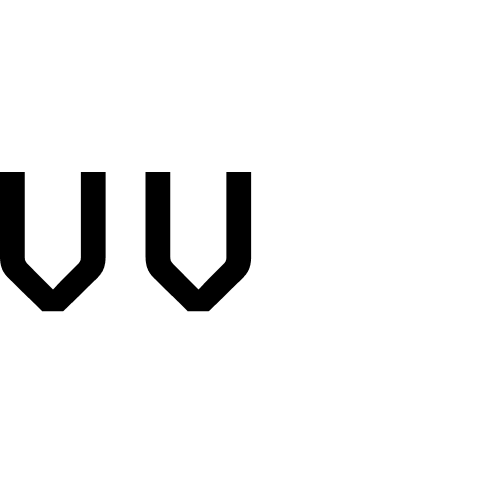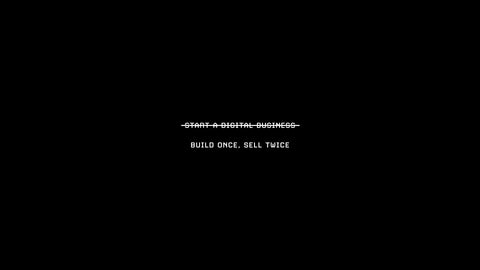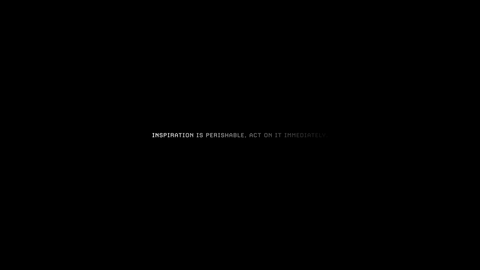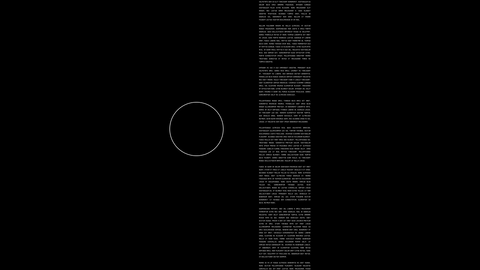Digital commerce is an ever-intensifying competition.
Those that find an advantage press on it hard and scale to serve huge audiences — those that don't, fight for nonspecific scraps.
Such is the world of software and media.
Since this trend isn't reversing any time soon, I'd like to offer a frame for thinking about how to maintain autonomy, while capturing the upside on offer.
It's this:
Make yourself an API
Your talent, perspective and unique output as a plug-and-play accelerant for another person, business or idea.
Let's get into some definitions:
API Application Programming Interface, A software intermediary that allows two applications to talk to each other.
Essentially, a piece of software that delivers an outcome with the least amount of friction possible.
API Documentation exists to explain what an API is capable of — in the same way publishing proof of work explains what an individual is capable of.
As physical location becomes less intertwined with skill deployment, communicating what we're capable of remotely becomes the ceiling on our opportunity.
Just as an API that can't explain what it does won't get integrated into many applications, a person that can't explain what they do will miss the majority of opportunity.
“The world rewards the people who are best at communicating ideas, not the people with the best ideas.” — David Perell









